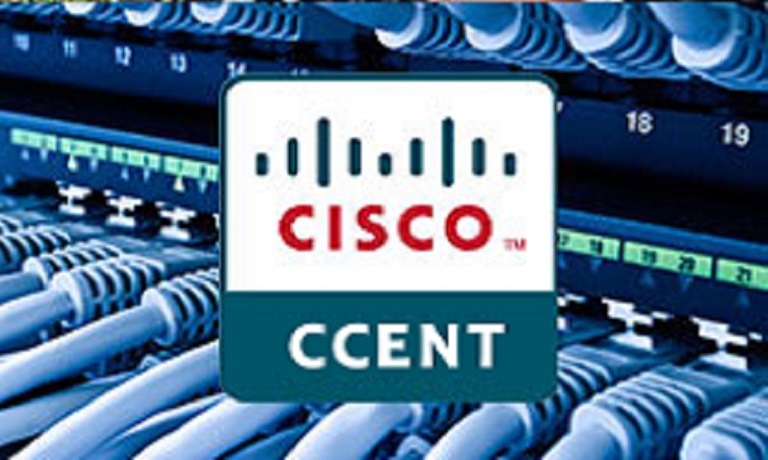Reliable Transport Protocol (RTP)
EIGRP sends messages without UDP or TCP; instead, a Cisco’s protocol called Reliable Transport Protocol (RTP) is used for communication between EIGRP-speaking routers. As the name implies, reliability is a key feature of this protocol, and it is designed to enable quick delivery of updates and tracking of data reception.
Five different packets types are used by EIGRP:
- Update – contains route information. When these are sent in response to metric or topology changes, reliable multicasts are used. In the event that only one router needs an update, like when a new neighbor is discovered, it’s sent via unicasts.
- Query – a request for specific routes and always uses the reliable multicast method. Routers send queries when they realize they’ve lost the path to a particular network and are searching for alternative paths.
- Reply – sent in response to a query via the unicast method. Replies can include a specific route to the queried destination or declare that there’s no known route.
- Hello – used to discover EIGRP neighbors. It is sent via unreliable multicast (no acknowledgment is required).
- Acknowledgment (ACK) – sent in response to an update and is always unicast. ACKs are not sent reliably.
The acronym RTP is also used for a different, unrelated protocol – Real-time Transport Protocol (RTP), used for VoIP communication.



